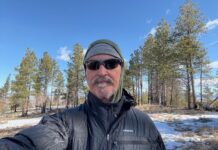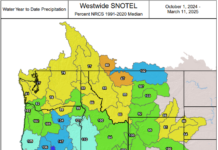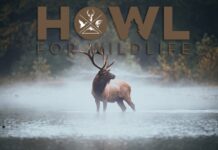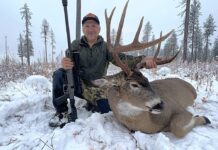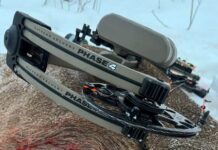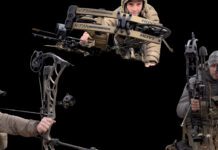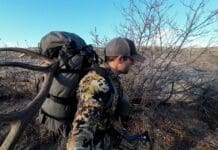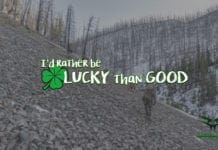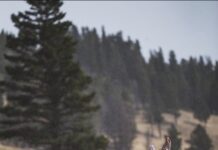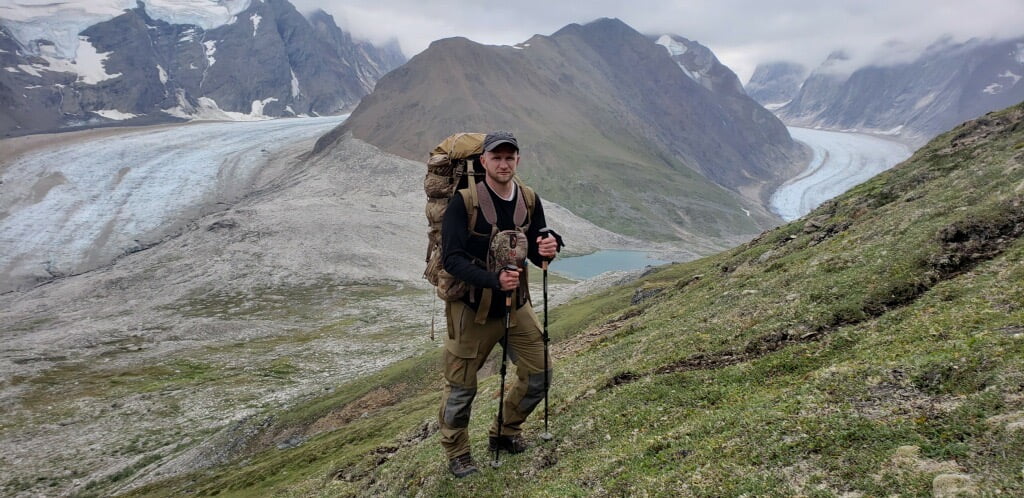
When we hear people talk about investing, I think it’s safe to say that most of us think about money. Buying stocks, contributing to retirement plans, employer matching, traditional IRAs vs. Roth IRAs, mutual funds, bonds, etc. But the concept of investing doesn’t just pertain to money, making it big, and retirement. If we think about the concept of investing at a more base level, one that doesn’t revolve around money, it encompasses all the things that we do to improve ourselves and have a better, more successful future.
What That Means
Many activities we pursue in life, including careers and hobbies, require planning, preparation and action. And the motivation for pursuing these activities can and probably will change over time. I know when I first started working, it was to support myself and the things I wanted to do; now, I work to provide for my family, our future, and the things we want to do together. We can easily apply the principle of investing to our pursuits as hunters and outdoorsmen – and I think we will be better for it if we do.
Investing In You
There are many ways we can invest in ourselves and hone our craft. Some are less involved and can be done in our spare time, like reading books and forums to learn new tips and tactics. Some are more involved and can require substantial commitments of time and/or money, like getting serious about physical fitness (and finally following through with that new year’s resolution!), or attending courses or seminars of different kinds and learning from others whose experience level surpasses our own. Investing in ourselves to improve our futures from a hunting perspective is much easier than we may think.
Good Reading
I enjoy reading books and articles both online and in magazines related to hunting and the outdoors. It’s a pretty minimal time commitment and I can easily fit it in around other activities. I feel that I’ve gained a lot of knowledge that I wouldn’t have otherwise had access to if I hadn’t read some of the books and articles that are out there and accessible to everyone. Books like The Edge by David Long and Mike Duplan, or Hunting Big Mule Deer: How To Take The Best Buck Of Your Life by Robby Denning, contain a wealth of knowledge and experience that I would have otherwise been unable to learn from had I not read them. Learning from others gives me new ideas to try out and things I can practice to hopefully improve as a mule deer hunter.
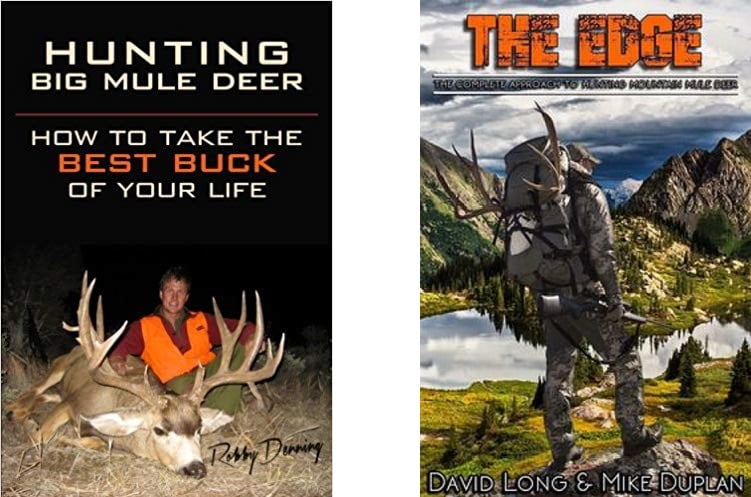
Perfect Practice Makes Perfect
One thing that is very important when it comes to putting into practice what you learn is that you make sure, to the best of your ability, that you are doing it correctly. My Driver’s Ed teacher in high school told us something that has always stuck with me: practice doesn’t make perfect; perfect practice makes perfect.
In all facets of life, we’re typically unaware of what we’re doing wrong simply because we don’t know any better, and that lack of knowledge can easily lead to improper execution and less than desirable results. From developing and practicing improper archery techniques, to rifle shooting, to bad form when it comes to weight lifting–and the list goes on; all simply because we most likely didn’t know any better at the time. What we thought was correct became our baseline, and we continually reinforce those habits and routines, until we become aware of our mistakes and try to break the bad habits.
We Don’t Know What We Don’t Know
Just this last year I learned I had been practicing some improper technique when shooting my bow. One mistake I was making was introducing unnecessary torque to the system and this was affecting my accuracy. I was unknowingly compensating for this extra torque in my form by adjusting my sight so my groups appeared more accurate, but all I was really doing was masking a mistake.
Get Expert Help
I initially went into my local pro shop for a simple tune-up. But after some discussion with him and having him watch me shoot, I received some much-needed instruction and left aware of my errors and how I can help fix them. It has been a process, but I have seen an improvement in my accuracy and ability already. If we don’t invest the necessary time and effort to learn how to improve, we’ll keep experiencing the same level of success and wonder why we aren’t achieving the outcome we’re hoping for. Albert Einstein said that the definition of insanity is doing the same thing over and over again, but expecting different results.

Don’t Just Rely On Gear
I think that it’s all too easy to make upgrades in our gear only, and it can make us feel content, but can also make us complacent. Just because we buy a new sleeping bag that is lighter and warmer, or a new bow, or the newest pack and frame on the market, none of these material upgrades alone can help ensure we’ll have more success next year. I think what has the biggest effect on our success is not simply buying new things, but ensuring we are efficient and effective at using the gear already own. Gaining the necessary knowledge to improve our skill set will set us up for success more than anything else.

Physical Fitness
I’ve thought a lot about this concept of investing in myself over the last several months. One of the best investments I feel I have made is in my physical fitness. I’ll admit that sometimes my motivation to get after it can be a little lacking. After a long day at work, being up several times during the night with kids, feeling tired, and sore, it’s very easy to talk myself into taking the day off. But when I try to convince myself I deserve a break, I think about a family friend who overcame a rare and serious case of leukemia due to how diligent he had been at maintaining a high level of physical fitness.
The doctors who treated him attribute his survival in large part to how well he had taken care of himself for so long. Unknowingly preparing his system for quite literally the fight for his life. We never know what can happen to us, and there really is no downside to maintaining good physical fitness.
MTNTOUGH Fitness Lab
Living ‘Always Ready’ is a principle of the MTNTOUGH philosophy on fitness. I started the MTNTOUGH Backcountry Hunter Preseason Prep program last year, and I think it has paid dividends for me. If you aren’t familiar with MTNTOUGH, check them out. I lost some weight and noticeably increased my strength and endurance. But, what I felt I got out of it that was most important to me was an increased level of mental toughness. It felt like their objective in some of the workouts was to break me. Both mentally and physically. And, after having gone through the program, I feel that the physical aspect of a challenging hunt is something that is on my mind much less than it was previously.
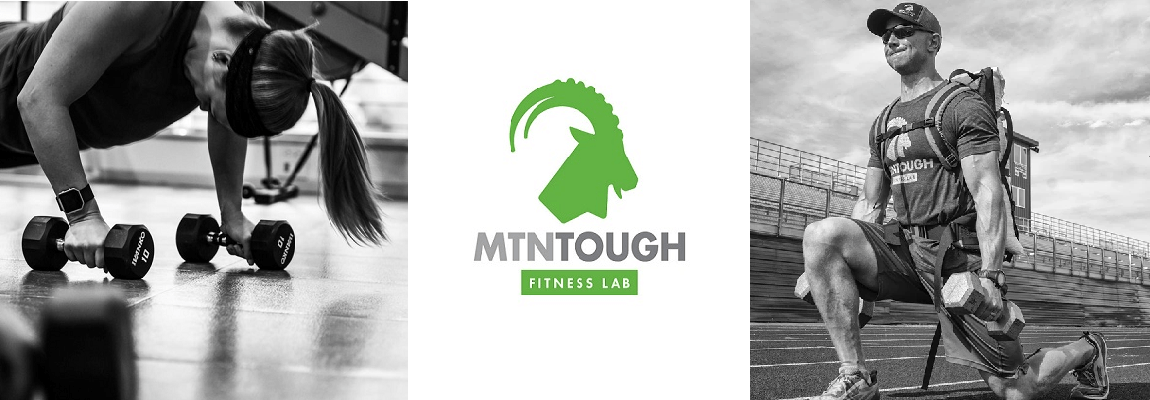
Take A Course
Another way I’ve decided to invest in myself is to take a rifle shooting course. I want to be more proficient and prepared for different hunting scenarios. I want to improve my knowledge and my form so that I can accurately and confidently increase my effective range.
Front Sight Firearms Training Institute
A co-worker has raved to me for a while about a place he’s gone to several times for different shooting courses called Front Sight Firearms Training Institute. He has taken several of their handgun courses. In talking to him, I found out that they also offer rifle courses. They have a progression of courses for different weapon types. They include a handgun, shotgun, and rifle (both hunting and tactical geared courses). You have to graduate from each course by meeting certain proficiency and accuracy requirements before you can sign up for any follow-on course.
Rifle Marksmanship Course
This spring, I’m committed to take their entry-level course for hunting-style rifles called Rifle Marksmanship. I’ll be taking my Tikka .308. It will be a significant investment for me both in time and money. It’s a 4-day course and about a half day drive from where I live. I’ll be giving up time with my family. And, spending a decent amount of money on food, lodging, ammo, course fees, and fuel. All in an effort to become more effective with my rifle in hunting scenarios.
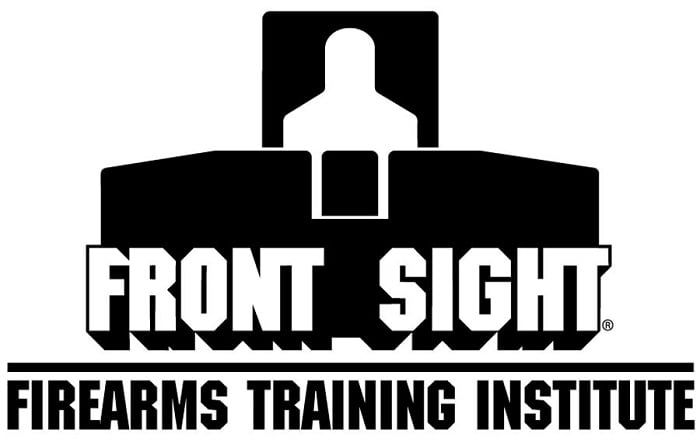
Conclusion
For hunters and outdoorsmen, there’s a seemingly endless amount of knowledge out there that we can tap into. Topics such as shooting technique, building custom rifles, reloading, bow tuning, making your own arrows, gear selection, hunting tactics and strategy, woodsman-ship, survival skills, first aid, physical fitness, and nutrition, to name a few. There’s so much to learn but so little time. What we do now to increase our knowledge, skills, and abilities will pay off. But, only if we take the initiative to start investing in ourselves now.
You can comment on this article or ask Ben questions here.




